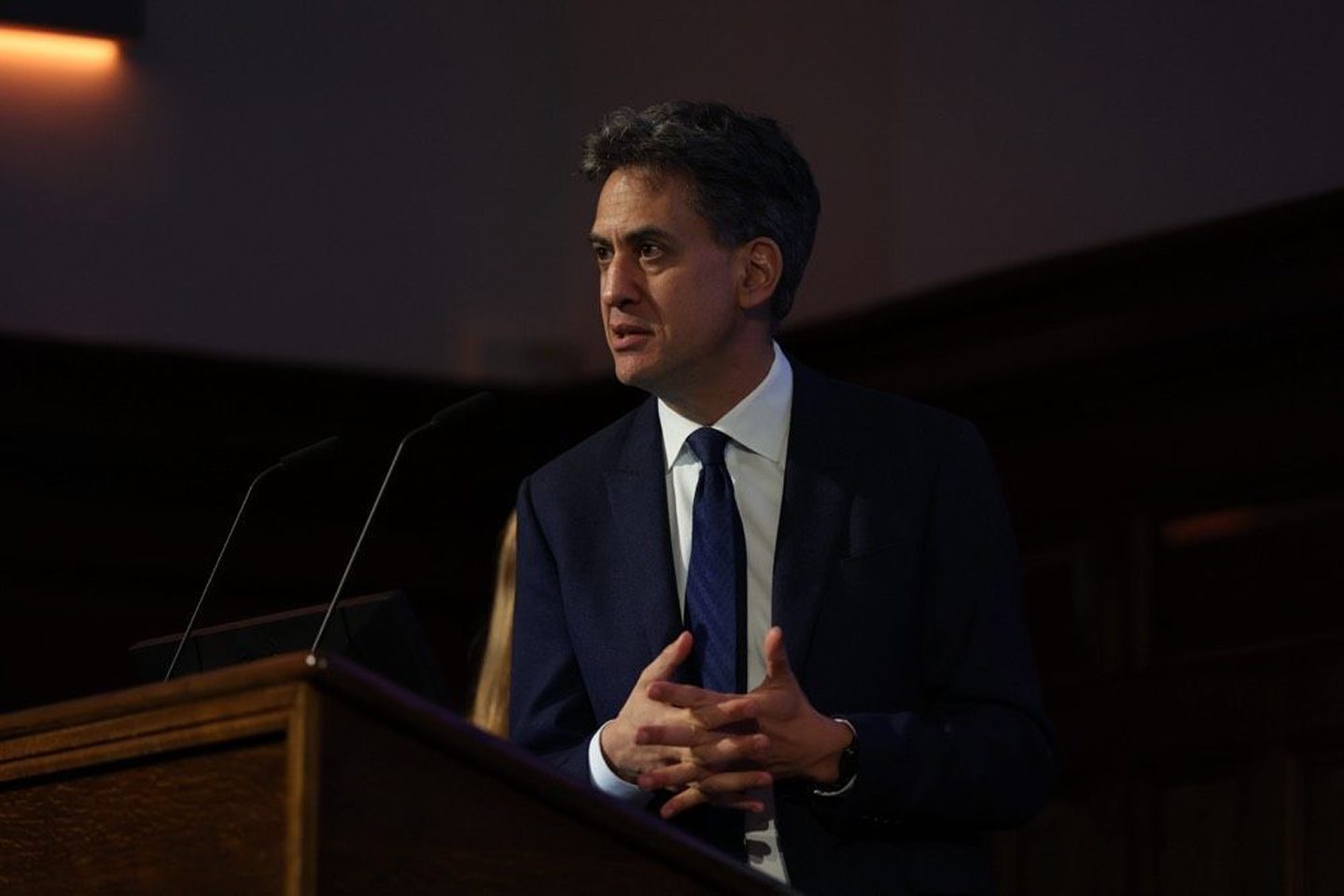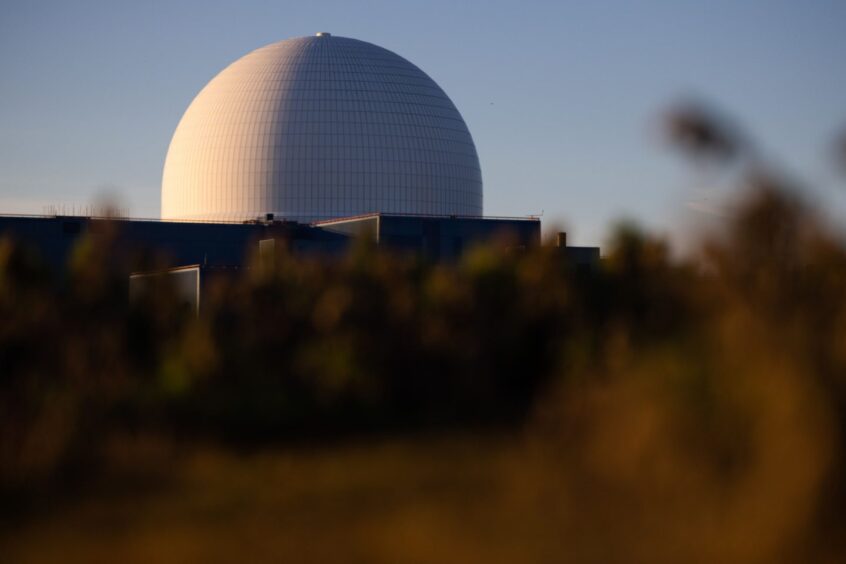Ed Miliband has stated that the federal government is “determined to advance nuclear through both private and public investment,” notwithstanding what he characterized as “significant” hurdles within the public finances.
“We require all the energy resources at our command, and nuclear has a crucial role to play in the upcoming era of renewable electricity,” Miliband remarked while addressing the Nuclear Industry Association conference in London on Thursday.
Speaking to a gathering of nuclear energy experts, he emphasized that the sector has a “vital role to contribute in powering Britain’s sustainable energy future.”
“This sector presents immense opportunities not only to ensure energy stability and address climate change, but also to provide economic security for workers and communities across our nation,” Miliband articulated.
Miliband indicated that he plans to collaborate with Philip Hunt, whom he referred to as the UK’s nuclear minister, to explore the nuclear industry’s capabilities in achieving energy and climate security.
“We ought to be enthusiastic about nuclear not merely for what it contributes to our energy framework but also for what it brings in terms of employment, investment, industry, and exports,” Miliband stated.
Miliband reiterated his support for nuclear energy, despite the controversies surrounding the safety of nuclear waste disposal.
As a former cabinet member in 2009, he identified eight locations for nuclear generation, which remain within the planning framework.
He acknowledged that “this was a somewhat contentious position, with portions of the environmental movement strongly opposed to nuclear”; a discussion, he noted, which has since “evolved.”
“More individuals now comprehend that despite the challenges posed by nuclear, they are negligible relative to the energy security and climate dangers we face,” he mentioned, drawing attention to government forecasts that electricity demand may rise by 50% by 2035 and double by 2050.
“We need nuclear, wind, solar, batteries, tidal energy, hydrogen, and carbon capture.”
NESO response coming ‘soon’
The UK’s energy secretary noted that the focus of the UK’s clean energy initiative has shifted beyond the end of the decade, on the day that Prime Minister Keir Starmer adjusted the clean energy target to 95%, down from 100%, by 2030.
Miliband emphasized that “short-term supply challenges are just as eventful” and mentioned that the government is preparing to outline plans for the energy system through the end of the decade and beyond.
He stated that the government will consult on a new nuclear planning framework next year and implement a nuclear skills plan to enhance the workforce.
“On planning, we will be engaging on a new nuclear planning framework and siting policy next year,” he remarked.
“On the grid, we are reforming the connections queue and striving to accelerate the construction of network infrastructure. That is indeed significant in our clean energy action plan which will be released soon.”
Miliband claimed that the trilemma of energy security, affordability, and sustainability, once perceived as competing objectives, has “dissolved.”
This was “brought into sharp relief” by Russia’s invasion of Ukraine and the cost-of-living crisis, which jointly demonstrated how vulnerable the UK is due to a dependency on fossil fuels.
The energy secretary mentioned that the government will release its response to the recommendations from the National Energy System Operator (NESO), which asserted that nuclear would play a role in achieving clean energy this decade, “shortly.”
“Considering the lengthy lead times for new nuclear, it’s the period beyond 2030 that may ultimately shape the future,” he said. “So building on our 2030 agenda and the NESO Strategic Spatial Energy Plan, we will outline plans for the energy system into the 2030s and beyond.”
The UK will collaborate with French electricity provider EDF to prioritize the construction of Hinkley Point C, the energy secretary asserted.
EDF recently extended the operational lifespan of existing nuclear plants Heysham 1 and Hartlepool to 2027, and Heysham 2 and Torness to 2030, following multiple delays to Hinkley Point.
Sizewell C and small modular reactors will be next on his list of priorities, after the Chancellor confirmed £2.7 billion of funding to continue the development of Sizewell C in next year’s budget.
Miliband stated that a final investment decision will be made in line with the government’s spending review, expected in June 2025, on whether to move forward with Sizewell C.
“There are clearly already hundreds of workers on the Sizewell site,” he noted. “The equity and debt raising process will soon proceed to its final stages.”
Modular reactors and ‘industrial revolution’
Miliband described small modular reactors as “a massive industrial opportunity” for the UK, asserting that Great British Nuclear will function as an independent sister company to Great British Energy.
GB Nuclear, formerly British Nuclear Fuels Ltd (BNFL), has already initiated contract discussions with four firms shortlisted in the small modular response competition. He stated that decisions regarding these projects will be made “in Spring.”
Modular reactors could “power the fourth industrial revolution,” with interest “intensified by the emergence of AI,” he stated.
The government will “soon be releasing” a review on how to maximize the potential of nuclear fusion at the National Nuclear Laboratory, Miliband added.
He highlighted “substantial potential” for producing next-generation technology in the industrial heartlands.
“We aspire to be a partner dedicated to your success. Because nuclear presents enormous opportunities for our clean energy mission.”
Recommended for you



 © Bloomberg
© Bloomberg